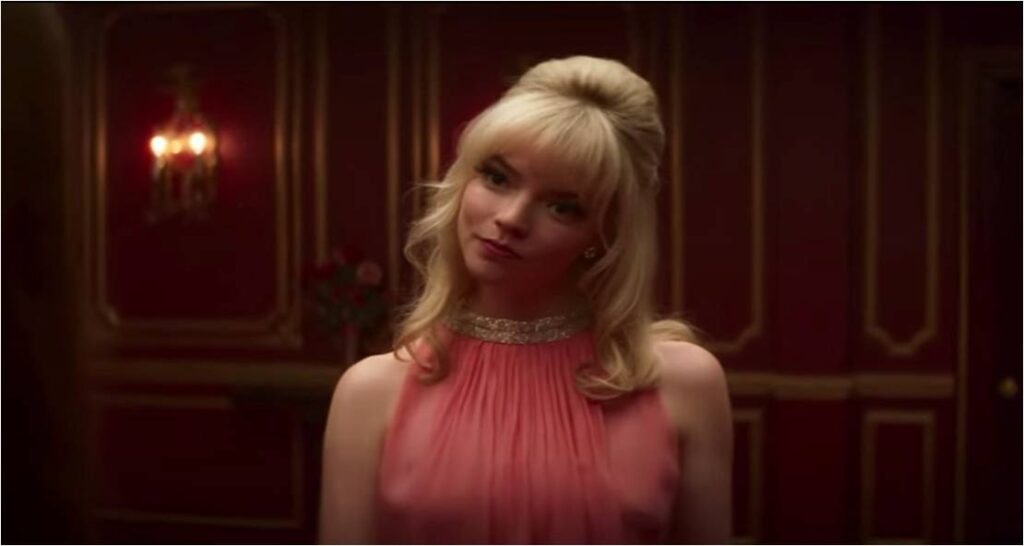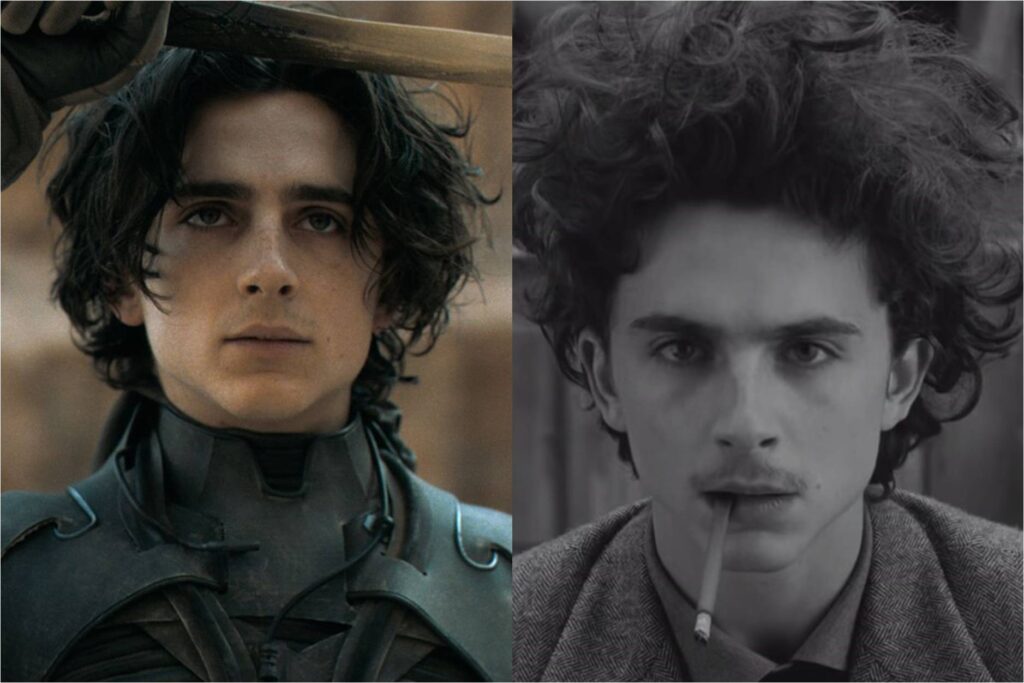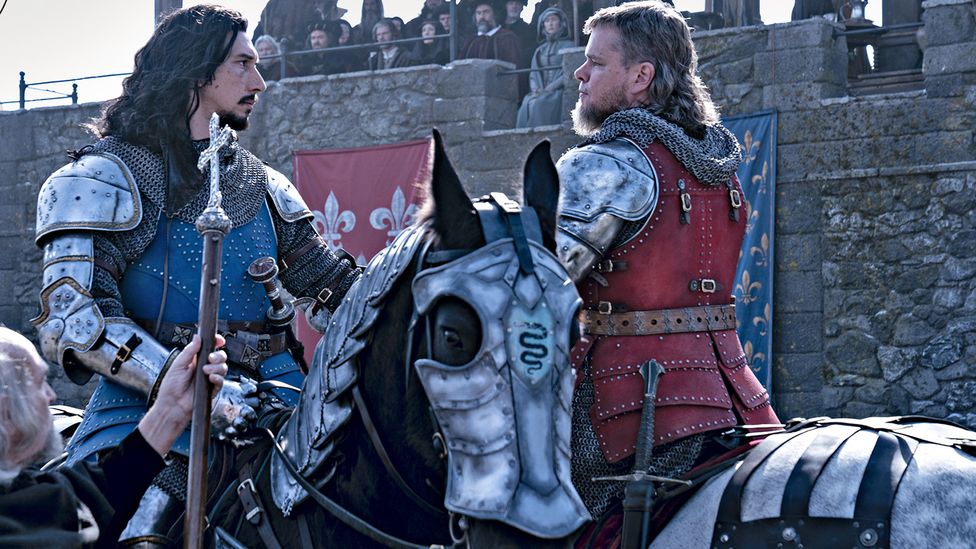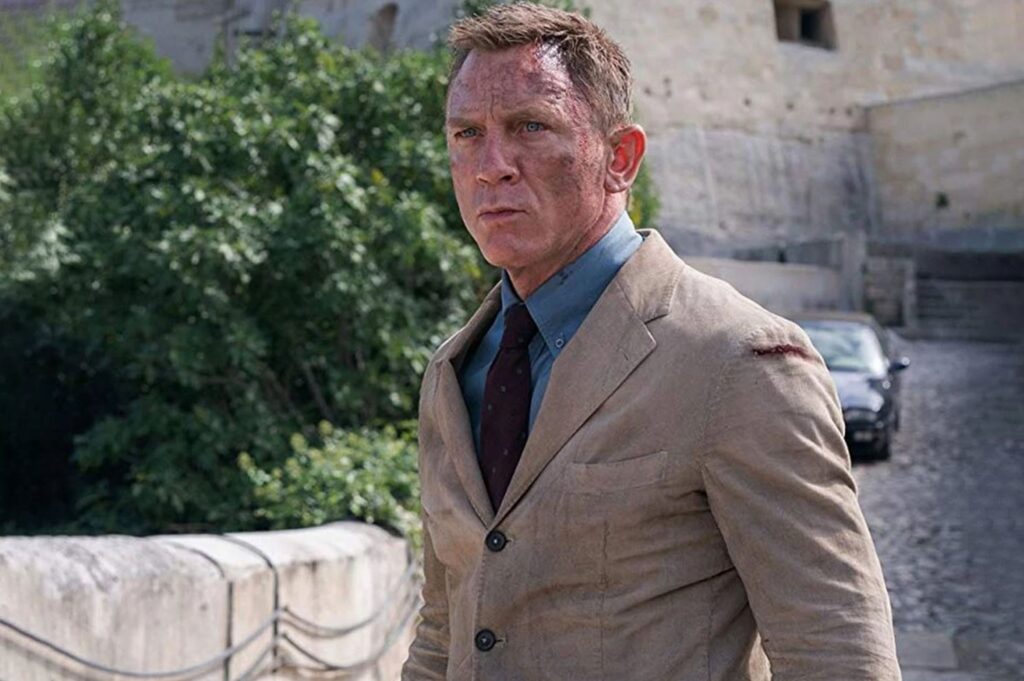Eternals: Yuck Everlasting
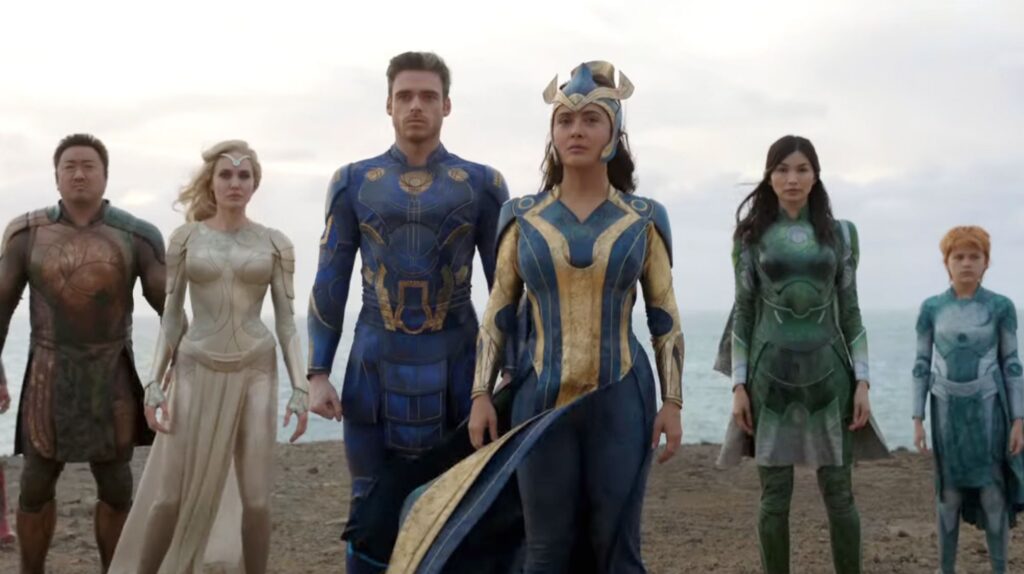
Auteur theory meets its match in Eternals, the strange, occasionally beguiling, ultimately tedious new entry in the Marvel Cinematic Universe. Critics tend to consider movies as belonging to their director, but Disney’s primary interest in property has always been intellectual rather than artistic. This doesn’t mean that the 21st century’s dominant franchise is devoid of personality—just that its cagiest filmmakers (James Gunn and Ryan Coogler among them) operate simultaneously as smugglers and stewards, sneaking in eccentric touches while hewing to commercial imperatives. Hell, the Russo brothers turned the latter Avengers pictures into billion-dollar hits less through innovation than carefully calibrated deference; they served their fans, pleased their bosses, and didn’t make anyone unhappy, which becomes easier when you take so few risks.
Into this minefield of consumer expectation and corporate ownership now steps Chloé Zhao, fresh off of winning two Oscars for Nomadland, and laboring to bring some art-house punch to the multiplex’s most anodyne commodity. It’s tempting to accuse the Marvel machine of squeezing the color out of Zhao’s filmmaking, and to brand her as yet another victim sacrificed on the altar of sequel churn. But Eternals, which Zhao also wrote with Patrick Burleigh (repurposing an original script by Ryan and Kaz Firpo), is too odd and intriguing to be disregarded as the product of studio interference. No, its failings are more pedestrian and predictable; its characters are unmemorable, its plot is nonsensical, and its action is risible. Read More

